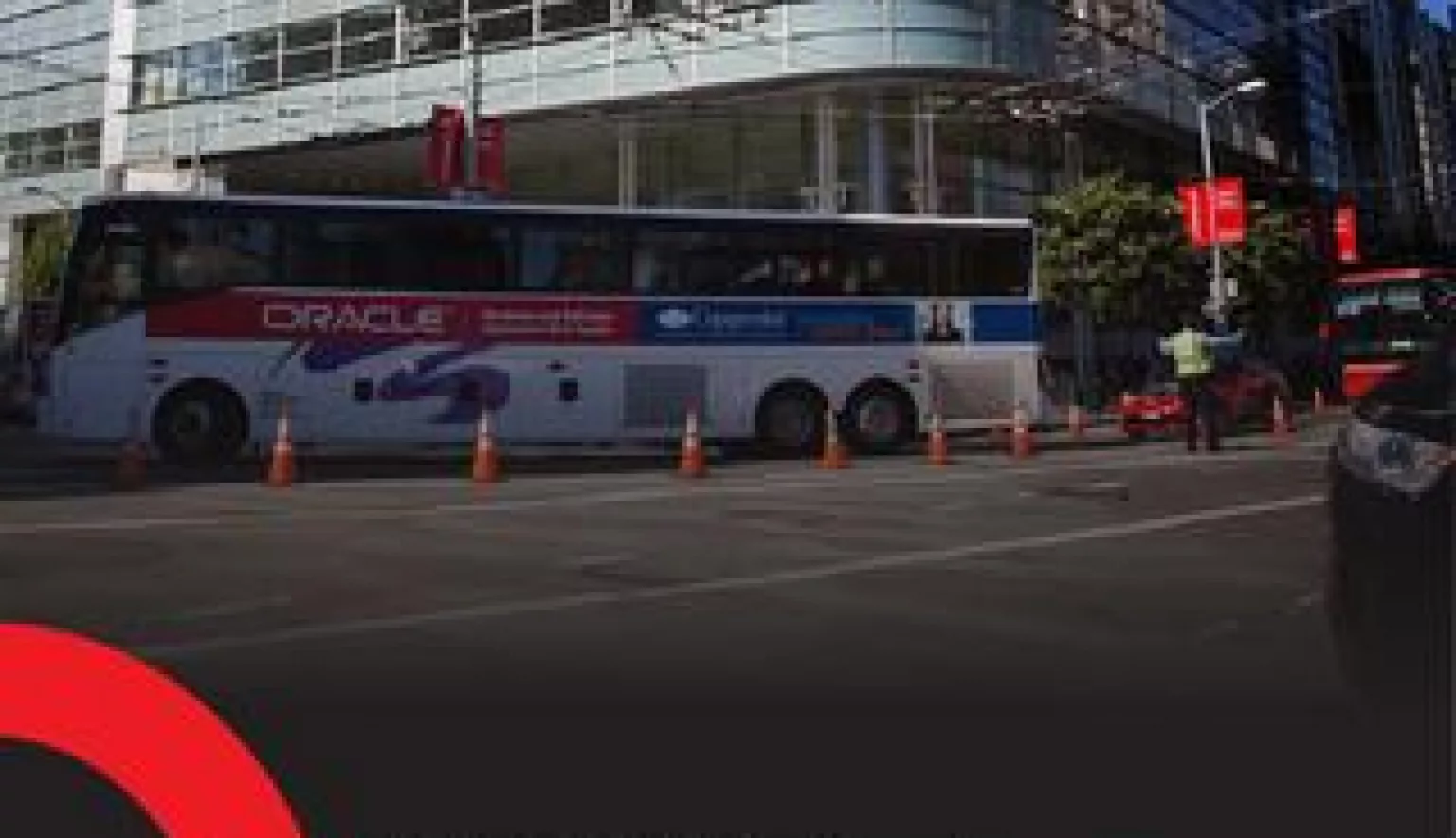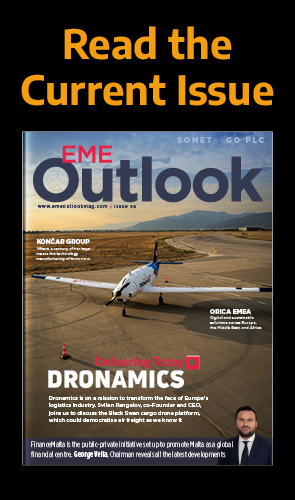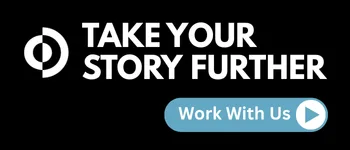ENGINEERED SYSTEMS AT ORACLE
John Abel, Senior Director, Business Development (JA): Oracle has now sold its 10,000th engineered system. This is very significant because it means that you’ve crossed over from being an early adopter product to a mainstream product in people’s infrastructure. I think for most products, you can always find your early adopters. But it’s a much bigger thing to build something that a broad population will take advantage of. With 10,000 systems, we are moving from the technically astute early adopter to the broader population.
The primary customer appeal of Oracle’s Engineered Systems approach really starts with economics. In the very beginning of Oracle Engineered Systems, the first adopters were people looking to solve a very, very difficult technical problem. Nowadays, adopters include people solving an economic problem which is, you know, I want to run things more efficiently. And so, we now have both kinds of adopters – those who want to change the way they do their business and other ones who want to save money.
Let me just give you an example. Atos in Austria increased batch processing power with 10x more input/output operations a second by replacing the IBM AIX platform with Oracle SuperCluster. At the same time they reduced their monthly spending on power, cooling, and space by 75 percent, replacing standalone servers with Oracle SuperCluster at a ratio of 4:1 to run customer databases, middleware, and applications.
Or in Turkey, Turkcell manages 100 terabytes of compressed data – that’s one petabyte of uncompressed raw data – on Oracle Exadata. This means it can analyse large volumes of customer data and call-data records easier and faster than with any other tool and rapidly detect and combat fraudulent phone use.
We have lots of examples like that where people are using the extraordinary efficiency and performance to change their businesses.
Engineered Systems are something that business and IT leaders can use to help them turn up the dial on innovation. I think it’s an interesting change in the industry because, for decades now, companies purchased infrastructure from a collection of vendors, and then had to put it together themselves. What we’re providing is a way to buy something that’s already integrated and that comes from one vendor. And by the way, I can run your businesses process at least 10 to 15 or 20 times more effectively than you do today.
I have a lot of meetings with customers where they now think of different ways of doing things by virtue of being able to use Oracle Engineered Systems. And that’s what we’re excited about. That’s why we build these things.
SYSTEMS AND ENGINEERED SYSTEMS
JA: In his opening keynote, Larry Ellison talked about several new and upcoming products from Oracle, including an automated real-time data backup system called Zero Data Loss Recovery Appliance (Ellison joked that he’s particularly happy with that product name, having coined it himself and made it stick before his job change), an enterprise flash-storage network device called FS1 Flash Storage System, and the latest version of Oracle’s SPARC chip, the M7.
Oracle inherited the SPARC processor when it acquired Sun Microsystems in 2010, and Ellison pointed with pride to the specific innovations incorporated in the most recent iteration of the chip. Enhancements include what Oracle calls “software in silicon”, software functionality that is hardwired into the processor, such as database query acceleration and data decompression, both of which serve to speed up application processing significantly.
Another “software in silicon” innovation is known as memory protection, a security feature in the processor that prevents unknown malware from wreaking havoc. Ellison referred to it as “the most important piece of engineering we’ve done in security in a very, very long time”.
That feature is so important because security is a priority for customers as they move their applications and data to the cloud. “Security has been in our blood for a very, very long time,” Ellison said, referring to the company’s early history working with the CIA and the NSA. “It’s very important we have that heritage moving into the cloud.”





























